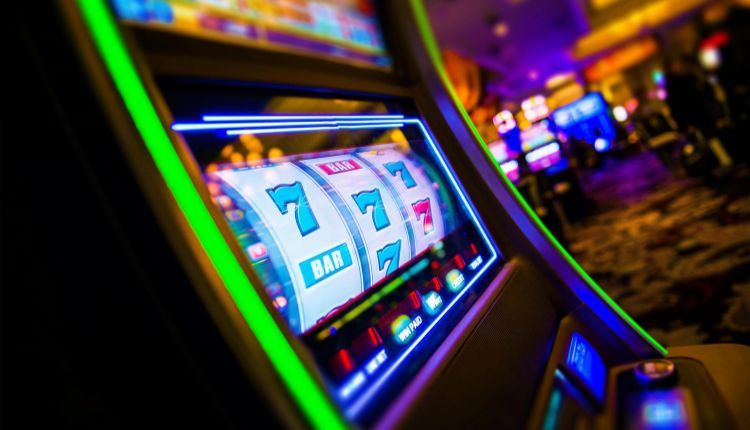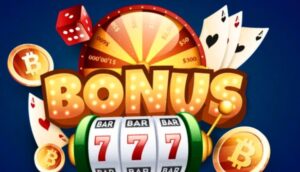What Is A Slot Machine?

A slot is a game of chance where symbols appear on the reels and pay out credits according to the paytable. Some slots have bonus rounds and other special features. A slot machine is activated by a button or lever (physical or virtual) that spins the reels and rearranges them to form combinations. When these combinations line up on the paylines, you win.
Symbols
There are many different types of symbols in slot games, each offering a different type of payout. Some are special bonus symbols that trigger bonus rounds, while others are standard reel icons with different payout levels. Some are also “multipliers” that increase the size of winning combinations.
The symbols used in slot machines vary according to the game’s theme, but most feature a set of basic standard reel icons that pay out when they line up in a row. Some of these symbols are traditional fruit-based icons like cherries, grapes, watermelons, oranges and lemons. The bar symbol, which traces its roots back to the original Liberty Bell machine, is another classic, with single, double and triple bars signaling varying payout levels. Red, white and blue sevens are another staple that’s recognizable in most slots. The number 7 holds a special place in many cultures as a lucky number, and it’s often rewarded with high payouts.
Paylines
A payline in a slot machine is the path that must be followed by matching symbols to trigger a payout. Paylines can be horizontal, vertical, diagonal, or zig-zag and can form shapes such as stars or hearts. They can also run across multiple reels. Most slots use adjustable paylines while others have fixed paylines. Whether you choose to play with adjustable or fixed paylines will depend on your gaming budget and strategy. The most common direction for a winning payline is from left to right. However, there are some exceptions to this rule, such as the Megaways game mechanic, which removes the traditional payline framework in favor of symbol clusters that can generate up to 200,000 ways-to-win.
While it is possible to win more often with a higher number of paylines, this increases the risk of losing money. It is therefore important to understand how to read a payline and the monetary rewards associated with each.
Bonus Rounds
In slot games, bonus rounds are extra features that offer players a chance to win prizes. They can range from mini-games to free spins and jackpots. Some bonus rounds are triggered when specific combinations land on the reels, while others require a player to reach a certain milestone or achievement in the base game. Bonus rounds are one of the main reasons why devoted slot players prefer some titles over others.
There are many different types of bonus rounds, but they all have the same goal: to increase your chances of winning a big payout. Some bonus rounds are easy to trigger and offer high payouts, while others require more skill or luck to activate. It is important to understand the rules of each bonus round before playing it, so you can make the best decision about which ones to play. Ultimately, the risk-versus-reward ratio is the most important factor in deciding whether or not to play bonus rounds.
Regulations
The laws and regulations surrounding slot online machines are a bit different depending on the jurisdiction, but most locales with casino gambling will have some sort of regulation in place. This will usually include a minimum average payout percentage and may also regulate the frequency of hits on the machine. One of the main purposes of slot machine regulations is to protect players and make sure that casinos are fair with their customers. Another purpose is to allow entities that tax brick and mortar casinos to easily assess their taxes based on the actual payouts on a per-machine basis, rather than trying to figure out what the casino’s total profit was from all the machines.
Slot machine software is programmed to work in a specific way, and changing the programming requires reprogramming or swapping out the hardware media device (an EPROM or non-volatile random access memory). This process is expensive and time-consuming and is only done in very special cases, such as when a faulty software glitch leads to an indicated jackpot that is much lower than expected.
Conclusion
A slot is an authorization to take off or land at a busy airport during a specific time period. It’s used in the United States and around the world to manage air traffic and avoid repeated delays. Some players believe that a machine is due to hit after a long losing streak. This belief is based on superstition and doesn’t hold up to scrutiny.




